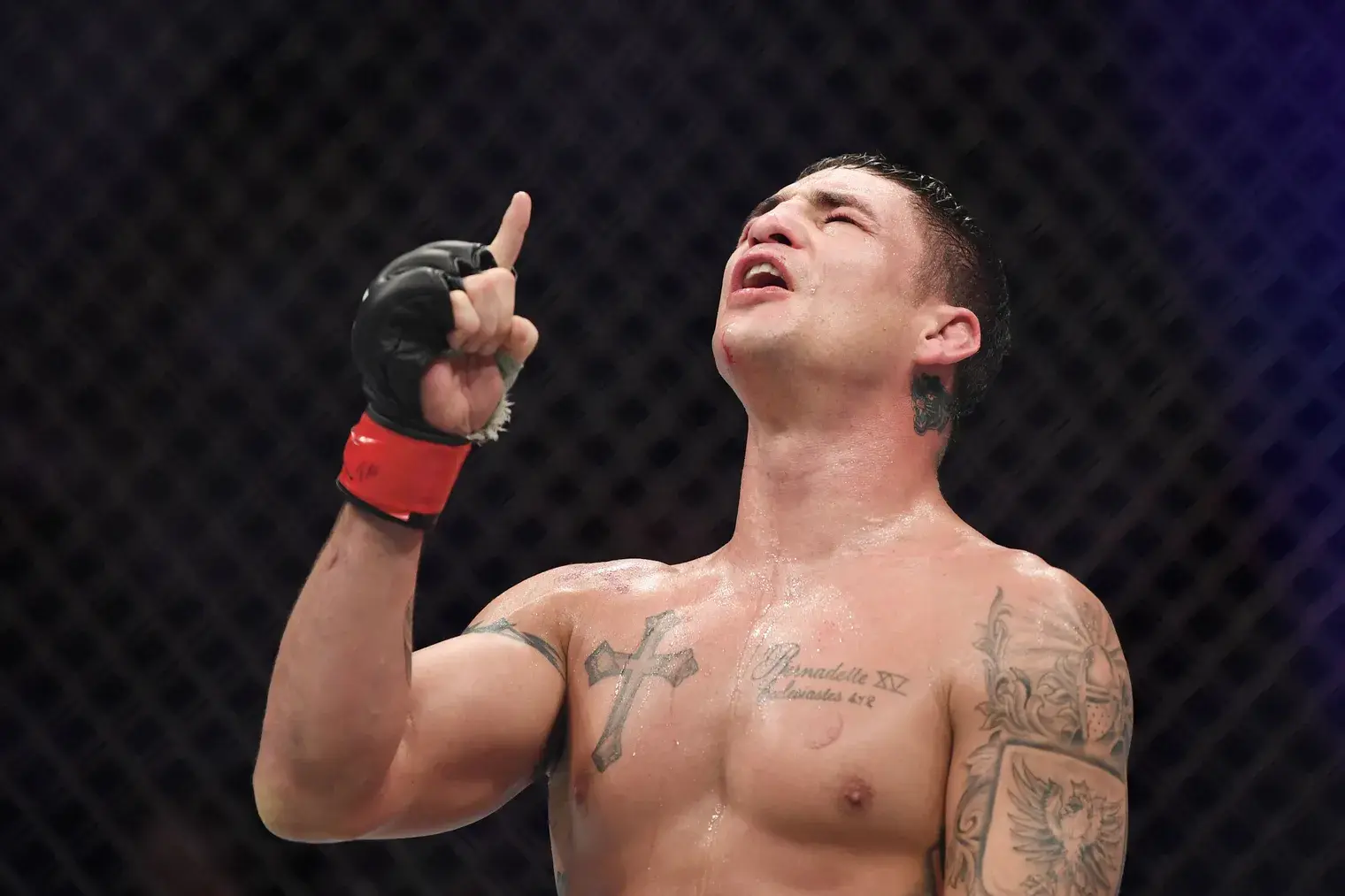Now Reading: Joshua Fabia: Rise and fall in the UFC world
-
01
Joshua Fabia: Rise and fall in the UFC world
Joshua Fabia: Rise and fall in the UFC world

Joshua Fabia is a hot subject in mixed martial arts (MMA). Fabia became well-known for all the wrong reasons, primarily due to his unorthodox coaching techniques and his rocky relationship with UFC veteran Diego Sanchez. For Australian MMA fans, the Fabia tragedy is a cautionary story about trust, openness, and the need for proper mentoring in combat sports.
Joshua Fabia’s identity, the growth and fall of his friendship with Diego Sanchez, and the insights the Australian MMA community could draw from the struggle are all covered in this article.
Who is Joshua Fabia?
Joshua Fabia presented himself to the public as the creator of the School of Self-Awareness, healer, and self-awareness coach. Fabia says that at the age of nine, he assisted his grandfather in recovering from a stroke, which ignited his passion for healing and training. He is said to have practiced martial arts, meditation, and several kinds of physical rehabilitation throughout the years before finally opening his school in Albuquerque, New Mexico.
Through his vague and mostly unverified qualifications, Fabia promoted himself as someone who could assist people in realizing their “genuine potential” both physically and spiritually.
Rise to fame through Diego Sanchez
Fabia’s public image improved as he assumed spiritual counselor, manager, and coach to Diego Sanchez, one of the UFC’s best-known veterans. The partnership started around 2019, when Sanchez was looking for a new beginning in the later part of his fighting career.
At first, their partnership appeared to provide Diego a new emphasis. The friendship, meanwhile, started to take off among fans and inside the UFC. Fabia’s influence in Sanchez’s life covered almost every area, including physical training, personal relationships, and professional decisions.
Fabia’s unusual and contentious methods
Public perception underwent a watershed change with the publication of training tapes showing Fabia employing dubious techniques. Among these were
- Sparring behind a blindfold.
- Hanging upside down, Diego Sanchez was struck in the head and torso.
- Fabia used verbal coaching that lacked a scientific basis, heavily favoring the spiritual or philosophical realm.
Medical professionals, MMA authorities, and fans all denounced such strategies directly. Fabia’s total control over his profession and personal life made Sanchez’s safety and mental health a priority.
Run-ins with the UFC
Apart from his training methods, which drew criticism, Fabia became famous for his combative interactions with UFC officials and commentators. He publicly charged the UFC with using Sanchez, claiming exploitation and manipulation. Fabia allegedly attacked media personnel and broadcasters, thereby distancing himself from the MMA community.
These tensions simply stoked doubts that Fabia was damaging rather than assisting Sanchez’s career.
Fallout: Allegations, Money, and Manipulation
Diego Sanchez and Joshua Fabia’s partnership had ended suddenly by 2021. Sanchez said Fabia had taken advantage of him for years and that he gave Fabia a sizable sum—reportedly over $100,000—to go.
Sanchez publicly charged Fabia with controlling his life and career choices after their breakup, alleging his actions were “cult-like.” Since then, Fabia has mostly avoided the public eye but has refuted the allegations.
What is Joshua Fabia up to now?
Since leaving the MMA limelight, Fabia has maintained a modest profile. Although there is little information available about student participation or current activities, the website for his School of Self-Awareness remains active. Most rivals and supporters think his MMA career is over; he is no longer a major player in the combat sports arena.
Lessons for the MMA community in Australia
Joshua Fabia’s background provides Australian boxers, trainers, and supporters many significant insights.
1. Ask your coaches
A coach should be qualified, have shown expertise, and have a history of success and safety. While blind faith can be harmful, trust is absolutely vital.
2. Science is vital
All initiatives encourage innovation, but they shouldn’t come at the expense of safety or evidence-based practices. Coaches have to balance innovation with responsibility.
3. Be with the correct team
Diego Sanchez’s narrative shows the drawbacks of letting one individual control every facet of your professional and personal life. A well-rounded support structure helps fighters more than a single strong voice.
Conclusion
Joshua Fabia’s short but passionate time in MMA made a lasting mark—and not a positive one. Though his narrative is fraught with controversy, allegations of manipulation, and unconventional training techniques, it is a powerful reminder of the need for ethical and effective teaching in combat sports.
For Australian MMA fans, Fabia’s ascent and fall underline the vital need to develop careers based on trust, skill, and integrity. Whether you are a seasoned fighter or a casual spectator, the tale of Joshua Fabia serves as a reminder that safety and honesty always underpin success in the ring.























